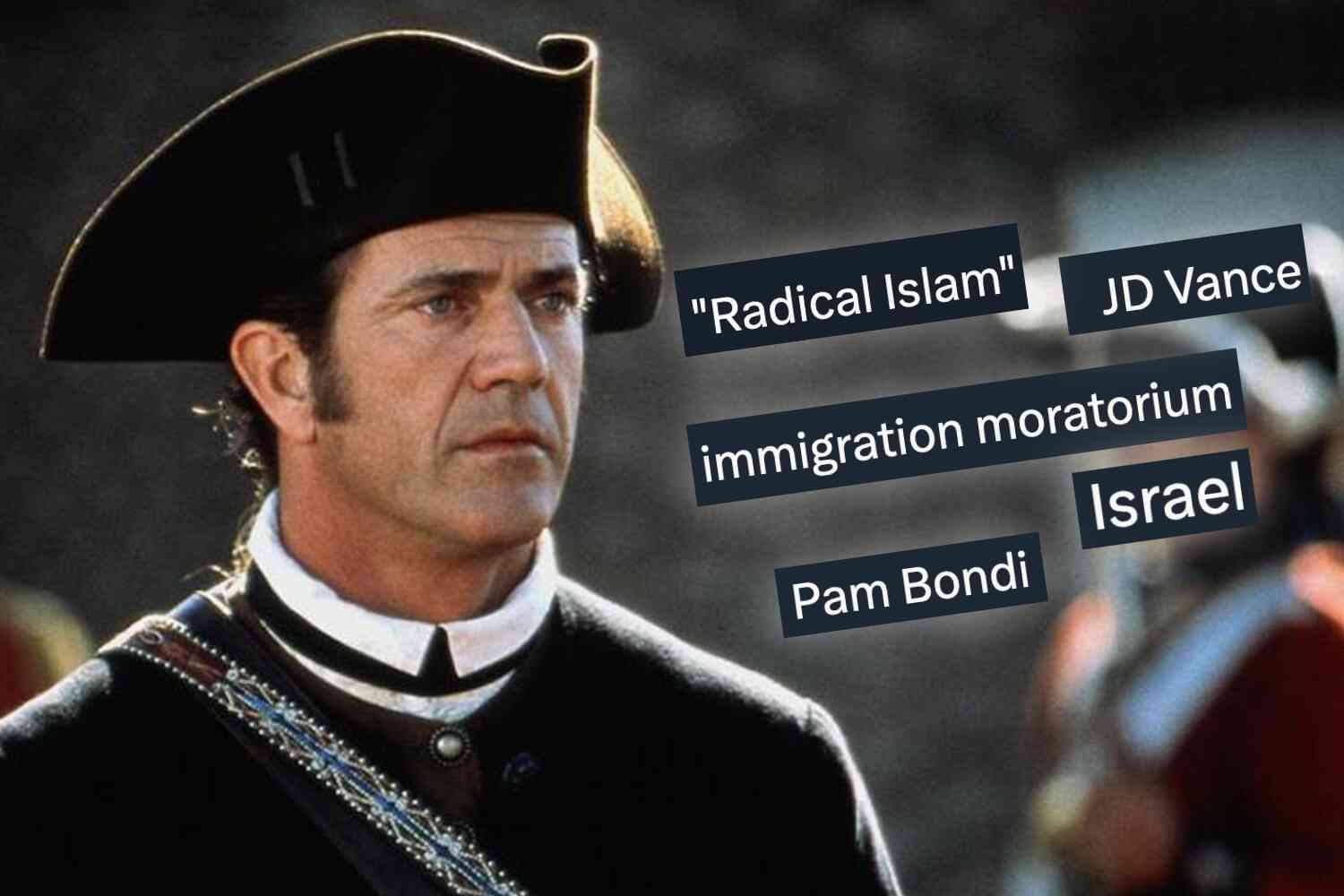Attempting to hasten their meteoric rise to becoming America's leading heretical Christian publication, the brain trust over at RELEVANT (the pretentious all-caps font undoubtedly the result of a poll-tested millennial marketing strategy) just published a column from hate-merchant John Pavlovitz to explain why putting too much confidence in the Bible's authority is just super un-hip.
Yes, the dude who has written clown takes on how God is pro-choice and being a good Christian demands affirming transgenderism, the dude who thinks that the trust you put in Dr. Fauci and vaccine mandates says more about your Christian identity than the trust you put in the Bible, that guy gets a feature at RELEVANT Magazine.
But as much as I was tempted to dissect the nonsense like I've done with past Pavlovitz and RELEVANT pieces, I also understand that Christians don't take either seriously. Their penchant for superficial piffle isn't what believers seeking to love God with their minds are clamoring to consume. I dare say that among actual, modern disciples of Christ, the work of both has become largely (forgive the unintentional pun) irrelevant.
I don't believe that to be the case, obviously, for every Christian perspective that differs from my own. The number of theologians, Christian scholars, thinkers, writers, and voices who contribute importantly to the public dialogue is not limited to people I agree with; but it is limited to those who take the supremacy and authority of Scripture to be absolute.
Those are the ones to whom we owe our diligence, discourse, and when necessary, disagreement.
Along those lines, Phil Vischer, the creator of VeggieTales, recently hosted author and professor Karen Swallow Prior for an episode of his "Holy Post" podcast. To be sure, there's much to admire about both individuals.
Vischer's creativity and vision has provided a safe, beneficial, and edifying form of amusement to Christian children and their parents that was also produced with such excellence that it had what the entertainment industry calls "crossover appeal." In other words, VeggieTales was adored by fans of the sacred and the secular.
One of my guilty pleasures is to read the posts on atheist forums where angry unbelieving parents rail against the "damage" Vischer's cartoons have done to their children's upbringing. As a believer, you can't help but smile every time you read a, "VeggieTales made my kid love God and it's driving me nuts" post.
Prior, meanwhile, was an English professor at Liberty University for two decades before taking employment at Southeastern Baptist Theological Seminary in 2020. While far too many conservatives and even evangelical elites were criticizing the recent Texas abortion ban, Prior bravely defended the law in the pages of the New York Times, no less. There, she beautifully and articulately gave voice to the moral law of love, properly noting that it is at the heart of the Lone Star state's heartbeat law.
Appreciating the pair's positive contributions to the public discourse doesn't mean it's not appropriate to criticize when they go off the reservation of common sense and discernment, which is precisely what they did in this bizarre exchange:
From a Christian perspective, the underlying problem in this discussion is self-evident: it is an attempt to analyze Christianity through the lens of manmade psychology. That fundamental inversion – using the inferior to interpret the superior – leads naturally to false dichotomies that strain credulity to the breaking point.
Cracker Barrel is a restaurant. Whole Foods is a multinational grocery store that serves a niche market of organic products. Comparing apples and oranges isn't usually a wise approach in the first place.
Nevertheless, it's true that Cracker Barrel has a standard and predictable menu at all of its locations. Yet doesn't Whole Foods have a standard and predictable slate of non-preservative, non-hydrogenated fat, organic food at each of its locations? And it's true, people choose Cracker Barrel because they are comfortable with chicken fried chicken and the smokehouse breakfast. But people choose Whole Foods because they are comfortable with pasture-raised eggs and nut milk. So, this isn't the point that Vischer wants it to be.
In fact, the analogy is so weak, it's frustrating to try to dissect it meaningfully.
If the point is that conservative Christians are more averse to change than progressive Christians, one doesn't need a hokey sociological study, psychological analysis, or cute pop culture analogy to make that case. But shouldn't professing believers be more concerned with deducing whether and what kind of change is actually desirable within Christendom? Wouldn't the "Holy Post" audience be more edified by an exchange between Vischer and Prior that centered on that topic rather than mindless tropes about Cracker Barrel Republicans and Whole Foods Democrats?
Instead of seeking to freeze, isolate, divide, and psychoanalyze what he sees as competing elements within the body of Christ, I'd encourage Vischer to use his God-given creativity to promote the unifying message that while methods of outreach will vary and, to be most effective, will need to adapt to changing cultural circumstances, the fundamental principles of Christian orthodoxy are enduring, unalterable, and eternal.
That's a message the whole world needs to hear, whether they go for $9-a-plate comfort food, or $36-a-grape organic groceries.
Disclaimer: The opinions expressed in this article are those of the author and do not necessarily reflect the opinions of Not the Bee or any of its affiliates.









